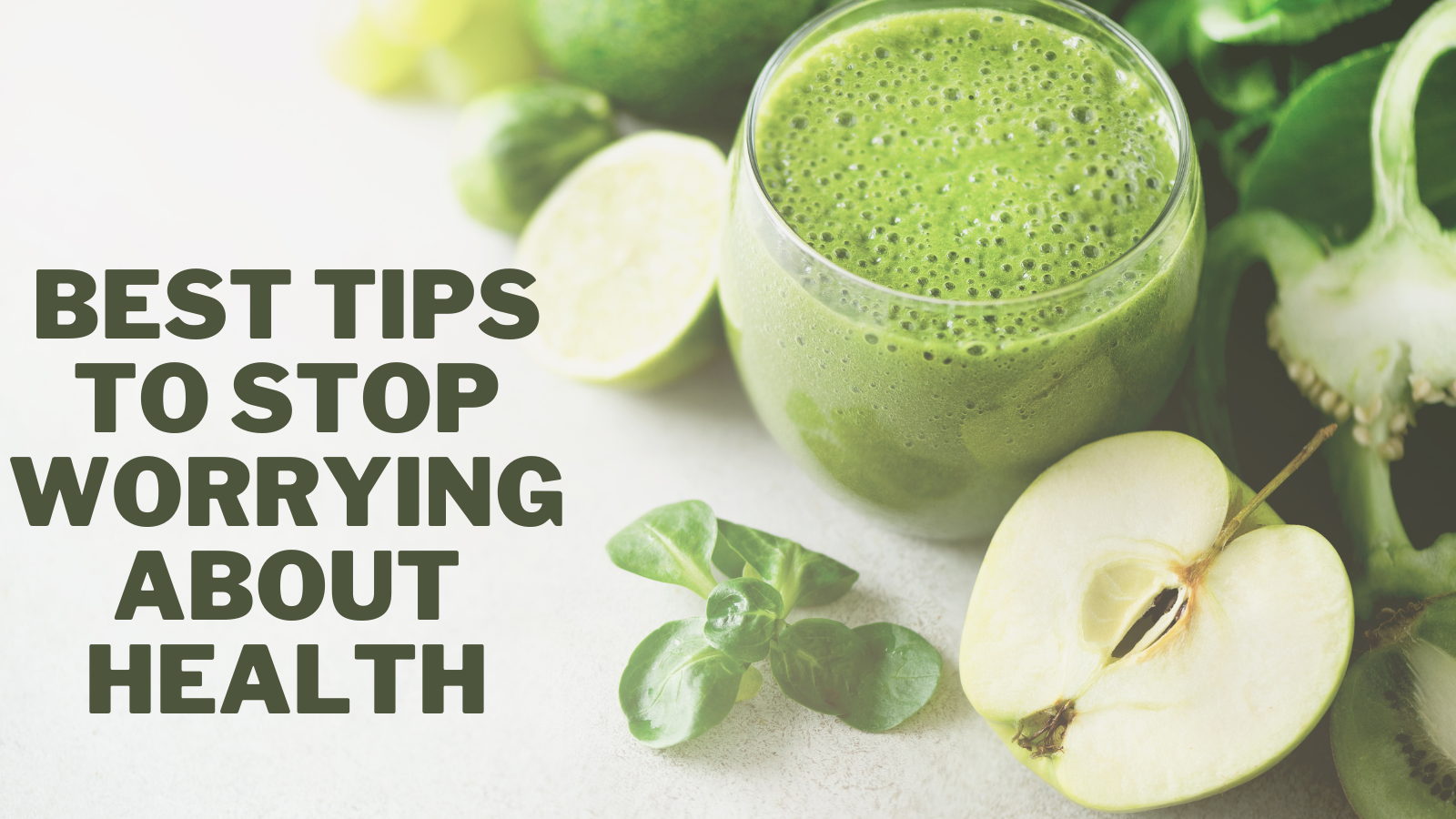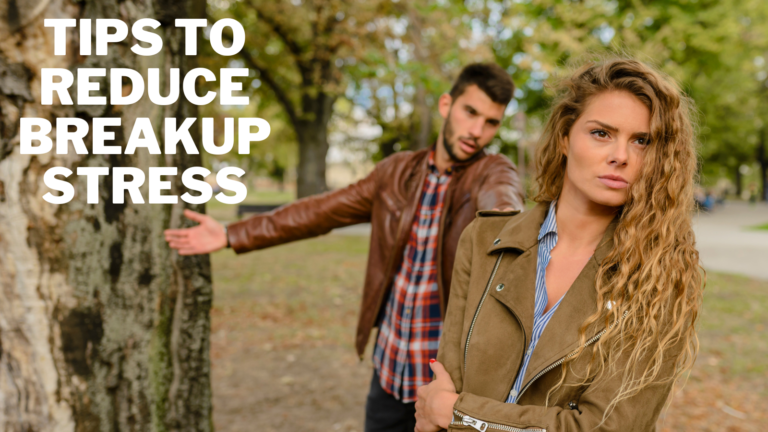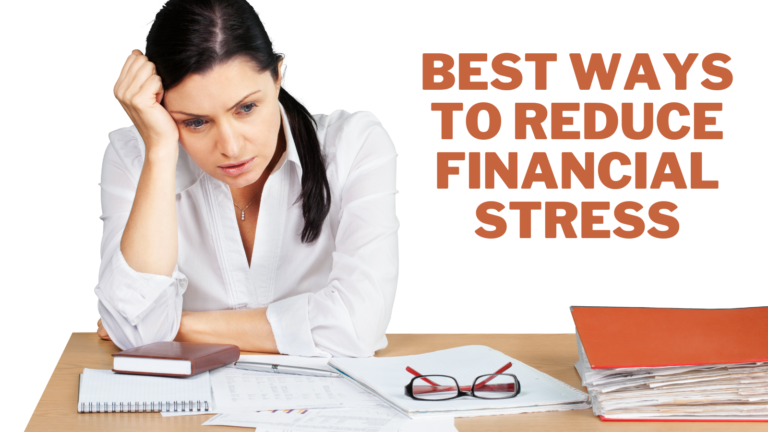Best Tips To Stop Worrying About Health
Best Tips To Stop Worrying About Health
Everyone has occasional anxiety. In 2020, 59% of respondents said they experienced daily stress. It's common to experience the occasional sleepless night, whether getting ready for a big presentation or going through personal changes.
But it can be challenging to enjoy life if you worry too much. If you find yourself constantly preoccupied with health-related concerns, it's time to reclaim control over your thoughts and regain peace of mind.
This article explores effective strategies and practical steps to help you stop worrying about your health and focus on fulfilling your goals.
By implementing these approaches, you can find a balance between caring for yourself and letting go of unnecessary worry.
We will discuss techniques, from mindset shifts and lifestyle changes to seeking support and cultivating self-care practices.
It's important to remember that overcoming health-related worries is a process that requires patience and self-compassion.
Following this article's guidance, you can empower yourself to lead a healthier, happier, and more balanced life.
So, if you're ready to let go of excessive health worries and embark on a journey toward well-being, read on. Let's explore how to regain control over your thoughts and cultivate a positive mindset to set you on a path to a worry-free, healthier life.
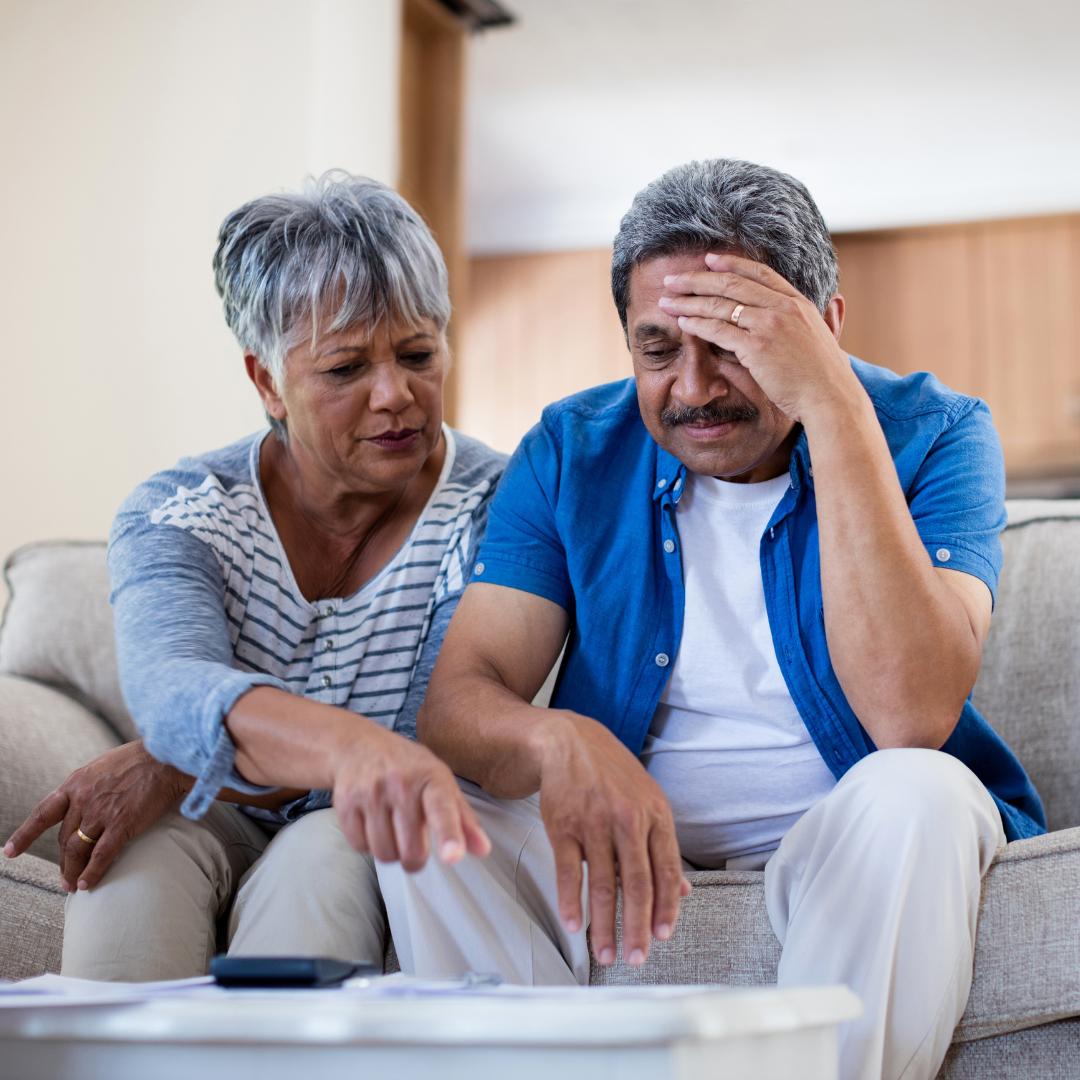
The Effects Of Worry And Anxious Thoughts
Our general well-being can be significantly impacted by worry and worried thoughts. A certain amount of worry about our health is normal and can spur us to take the appropriate steps, but excessive stress can have negative effects. Worry and anxious thoughts can have the following specific effects:
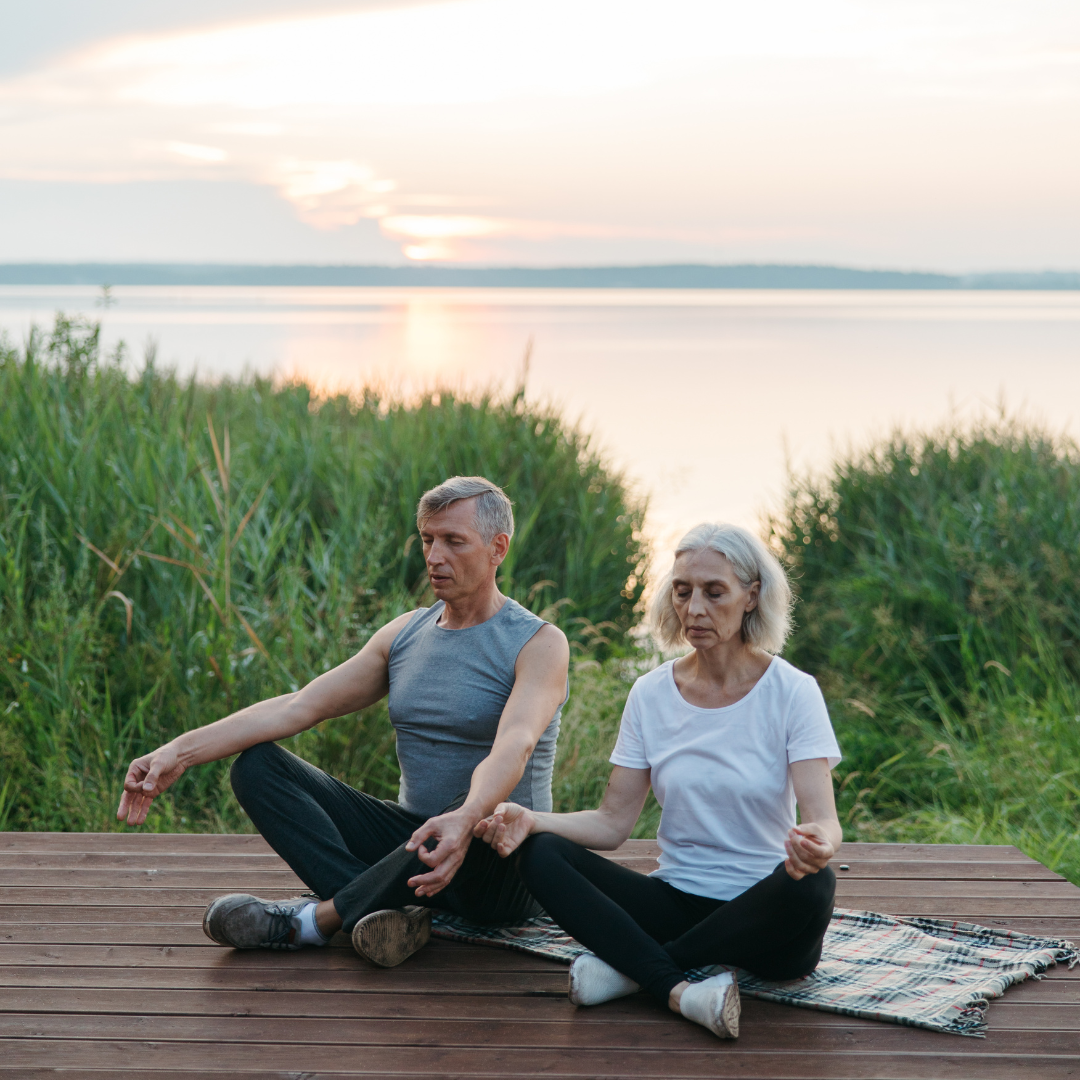
1. Effect On Physical Health
Anxiety disorders can emerge physically due to excessive worry. Headaches, muscle tension, gastrointestinal issues, and exhaustion are frequent signs of stress. Long-term anxiety can lower immunity, making us more prone to infections and diseases.
2. Mental And Emotional Distress
Constant anxiety hurts mental and emotional health. It may cause higher-than-usual anxiety, restlessness, irritation, and trouble focusing.
Additionally, it may have a role in the onset or worsening of mental health problems like panic disorder or generalized anxiety disorder.
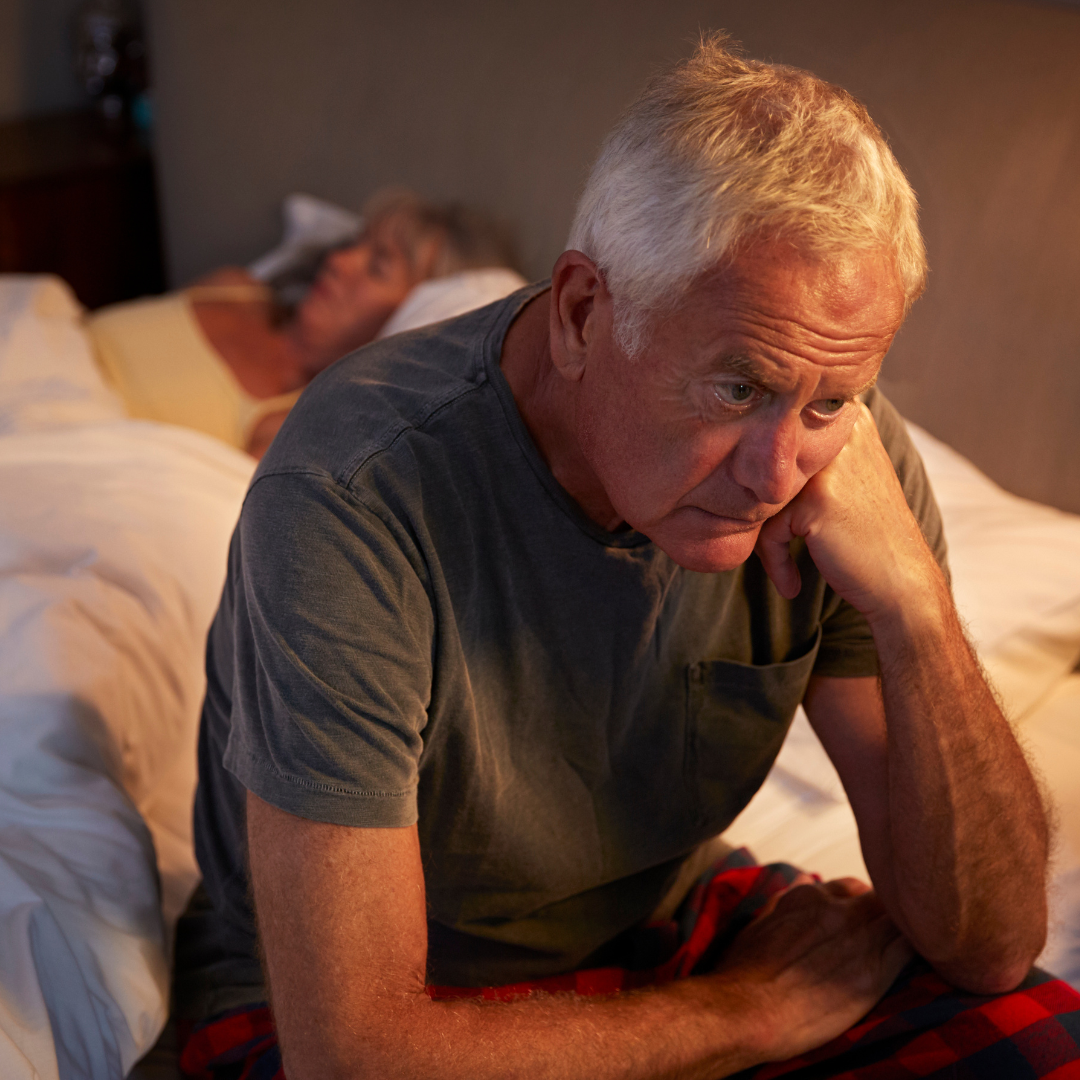
3. Interrupted Sleep Cycles
Worry frequently interferes with our capacity to unwind and fall asleep soundly. Our anxious thoughts might keep us up at night, resulting in insomnia or poor sleep. Lack of sleep worsens anxiety and makes it more difficult to handle stress.
4. Effect On Relationships
When we are overcome by concern, our attention tends to become more focused, and we may become less emotionally available to our loved ones.
Constantly worrying about our health can burden our relationships and prevent us from participating fully in social activities, leading to feelings of loneliness and isolation.
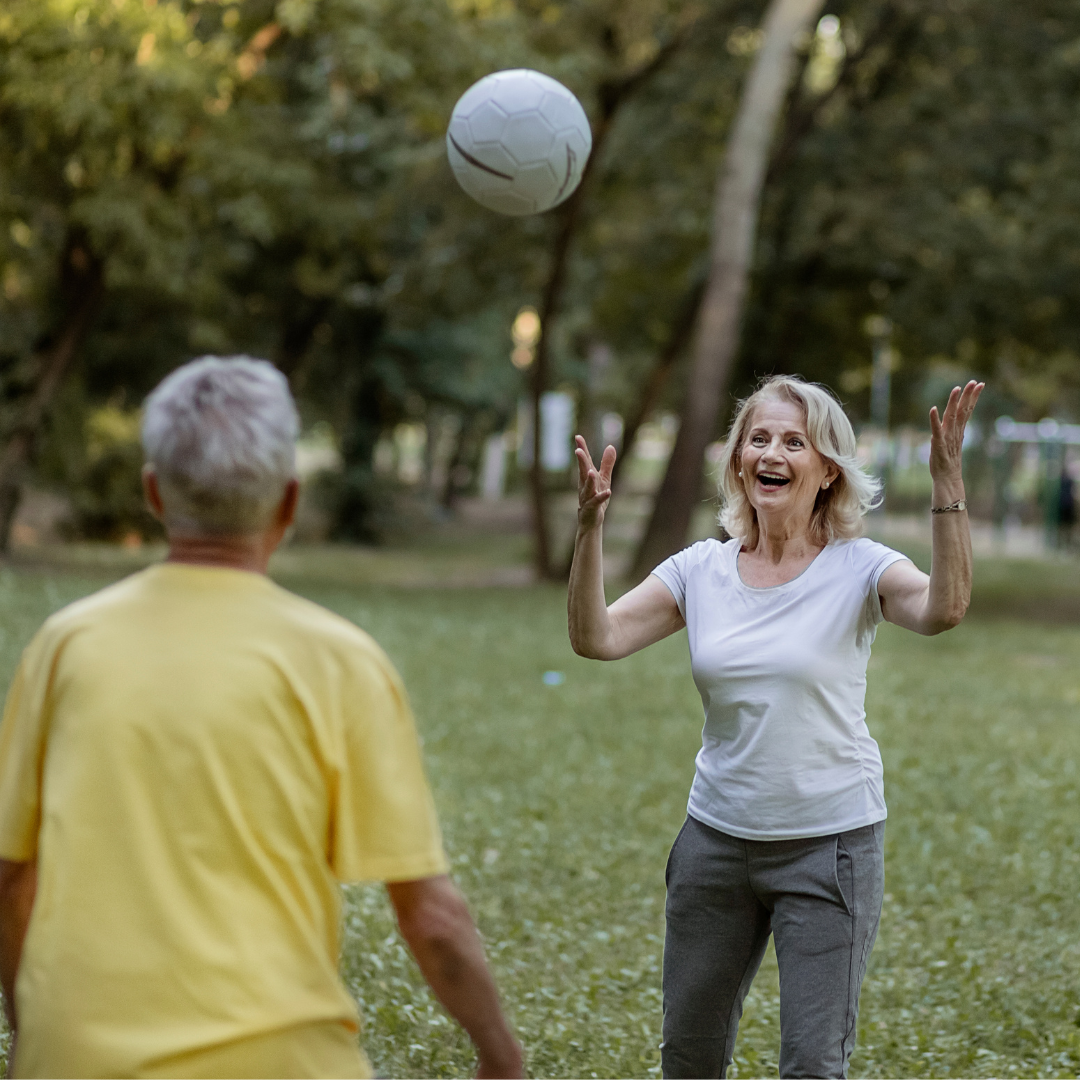
5. Decreased Quality Of Life
Constant anxiety about our health can consume our thoughts, making it harder to take pleasure in the little things in life.
Continuous pressure and doubt can keep us from engaging in activities we once found enjoyable, limiting our experiences and lowering our quality of life.
6. Hypochondria (Health Anxiety)
Chronic health concerns can lead to hypochondria, often known as health anxiety. Even in the lack of medical data, people anxious about their health tend to pay extra attention to their body feelings and misunderstand them as warning indications of serious illness. This disorder has a major impact on daily functioning and can be stressful.

7. Effect On Decision-Making
A prolonged concern might skew our judgment and hinder our decision-making capacity. In times of anxiety, it might be difficult to make logical decisions.
We may find it difficult to make clear, rational decisions about our health and well-being when we are overcome with anxious thoughts.
This may result in a lack of judgment, a refusal to seek critical medical attention, or the use of needless and potentially harmful actions.
8. Interference With Daily Functioning
Constantly worrying about our health might make concentrating and completing daily duties difficult. Focusing at work or school can be difficult, which lowers productivity and performance.
The continual focus on health issues may also make it more difficult for us to fully participate in our interests, hobbies, and other activities.

9. Financial Burden
Unnecessary concern about one's health might occasionally prompt a lot of extra tests, doctor appointments, or purchases of health-related items, which can add up to a lot of money spent.
As a result, there may be an increase in stress and worry about health problems, leading to a vicious cycle of fear and financial hardship.
10. Negative Effect On Self-Image
A poor self-image might result from persistent health concerns. Our self-esteem and confidence might be negatively impacted by excessive worries that can make us feel weak, frail, or imperfect. This negative self-perception can exacerbate anxiety and impair our general well-being.

11. Social Avoidance
People concerned about their health may avoid social situations and separate themselves from others.
Avoiding social events, public places, or even close relationships might be caused by a fear of being sick or unable to handle health-related situations.
This social withdrawal can increase loneliness and fuel a vicious cycle of anxiety and seclusion.
12. Effect On Physical Activity And Healthy Lifestyle
Prolonged concern can interfere with our efforts to lead healthy lives. Due to the worry that our symptoms will worsen or that we'll run into risks, anxiety about our health may prevent us from exercising or attempting new things.
This may harm our general physical well-being and make it more difficult for us to lead balanced, active lives.
Knowing the extensive repercussions of worry and anxious thoughts can encourage us to confront these worries and get the support we need.
By putting effective concern management techniques into practice, we may regain control over our health and put our attention on living a happy, balanced life.
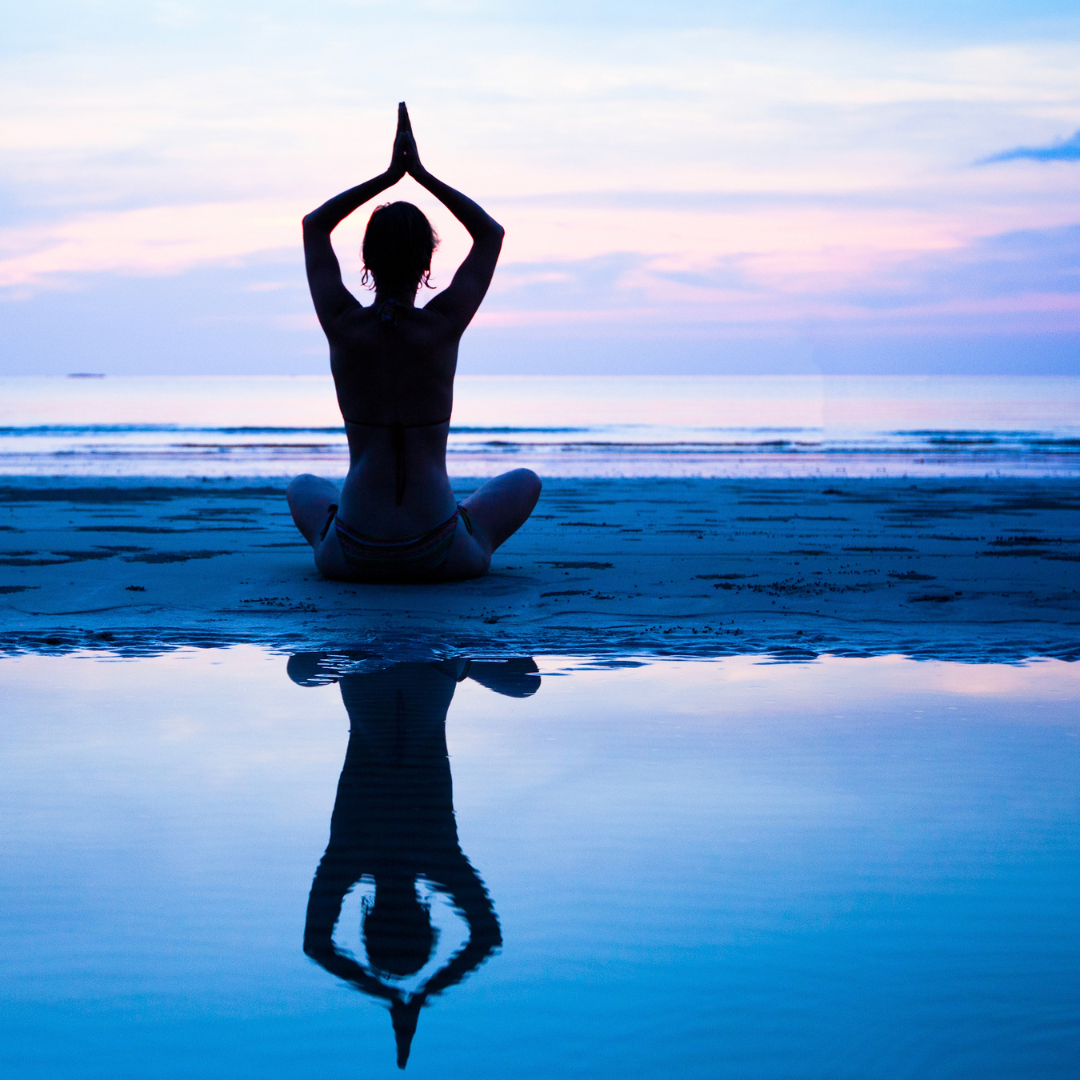
Tips To Stop Worrying About Health
It's normal to have worries, concerns, and anxiety. Concerning a future job interview, an unpaid bill or a first date is normal.
However, continuous and uncontrollable anxiety turns from “normal” to excessive worry. Your daily life is impacted by your constant worrying about “what ifs” and worst-case situations. You find it difficult to stop thinking about these worries.
Your emotional and physical health may be negatively impacted by persistent worry, pessimistic thinking, and a constant expectation of the worst.
Your emotional fortitude may be diminished, you may experience restlessness and jitteriness, insomnia, headaches, stomachaches, and muscle strain, and it may be challenging for you to focus at work or school.
Here are some detailed strategies and techniques to help you stop worrying about your health:
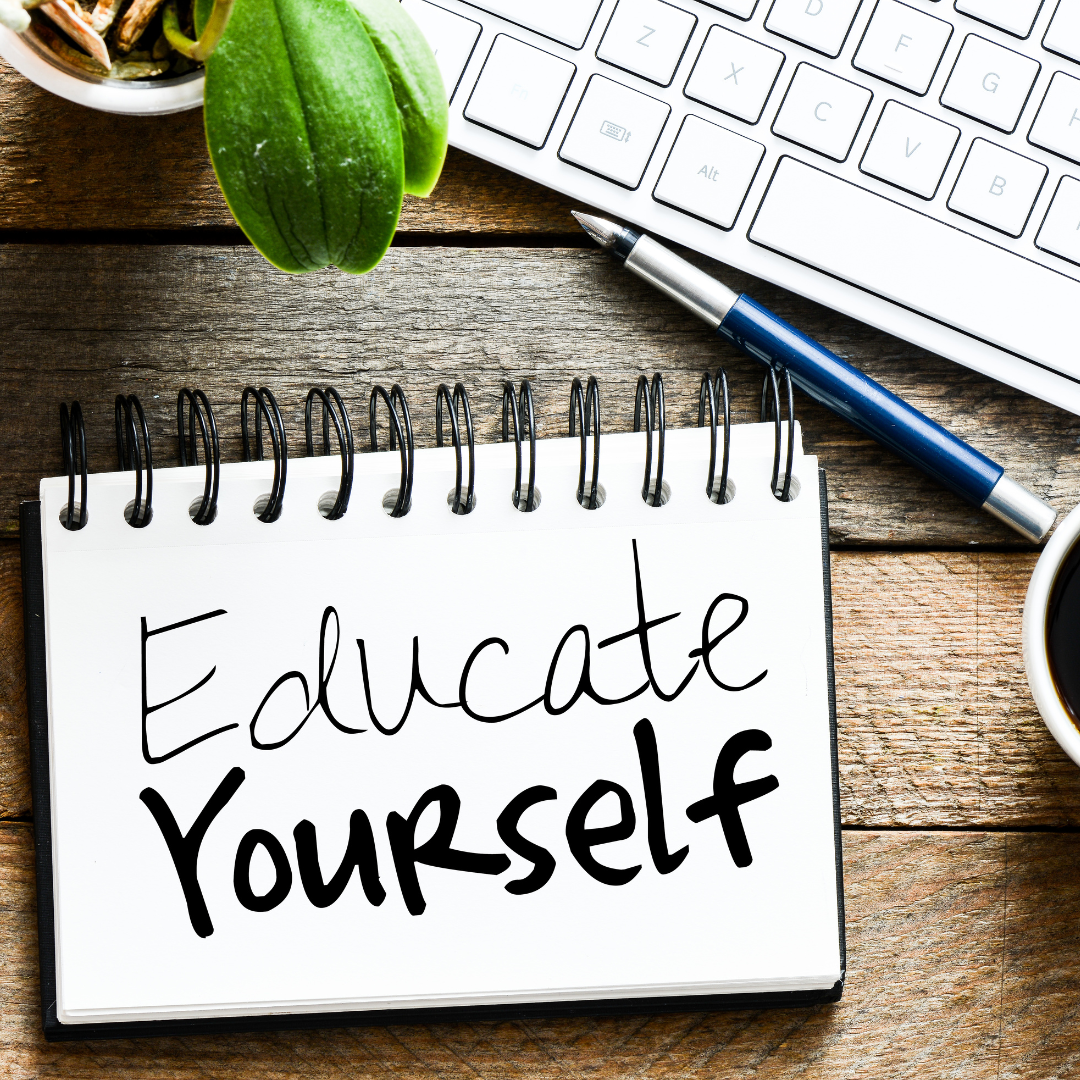
1. Educate Yourself
Educating oneself on health issues, symptoms, and risk factors is crucial to reducing unneeded concerns and developing a realistic outlook for trustworthy sources, including medical experts, credible websites, and respectable medical literature.
You may get current and accurate information about numerous health problems from these sources.
It is crucial to assess the reliability of the sources you use, making sure they are supported by scientific research and based on evidence.
By educating yourself, you can distinguish between justified concerns and unfounded worry, giving you a better sense of control and peace of mind. Keep in mind that knowledge is power and can be quite useful.

2. Limit Information Consumption
Although awareness of health-related issues is crucial, too much exposure to news and information in this area might increase tension and worry.
We are constantly inundated with excessive amounts of information in the digital era, some of which may be false or sensationalized.
Limiting your information consumption is essential to avoid information overload and anxiety triggers.
To keep up with health-related news, schedule specific periods during the day or limit your exposure to reputable sources.
Be cautious about your platforms and sources, and choose reliable websites, dependable medical authorities, or dependable healthcare providers.
Setting restrictions on your information intake will help you strike a good balance between the need to stay informed and look after your mental health.
Regarding health information, remember that quality matters more than quantity, and choosing your sources carefully can help reduce unwarranted anxiety.
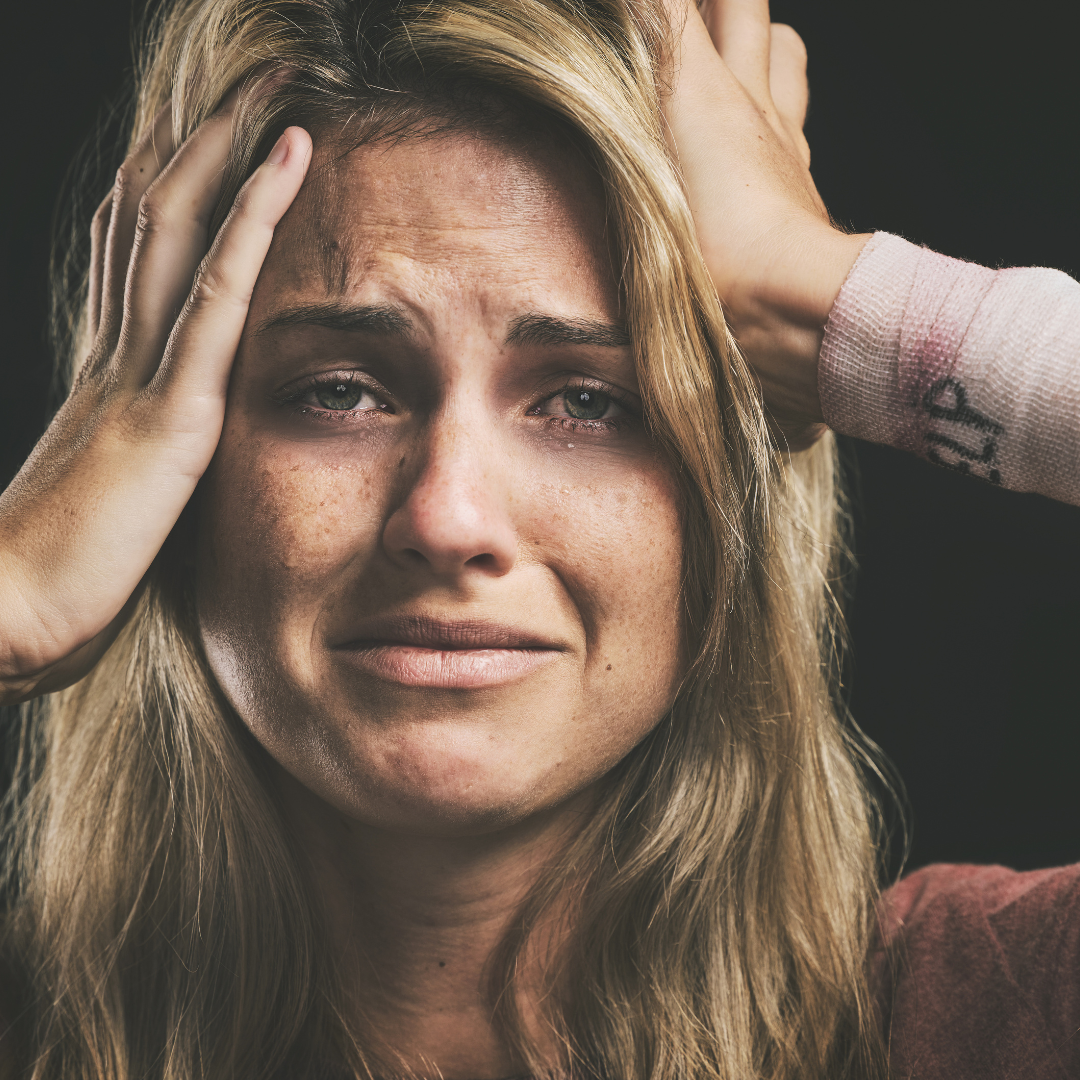
3. Challenge Catastrophic Thinking
A good strategy to avoid worrying about your health is to challenge apocalyptic thinking. It involves imagining the worst-case scenario or assumptions without enough proof.
Start by becoming conscious of these thoughts as they appear to question them. Consider whether the catastrophic belief is supported by actual evidence or is just a result of apprehension or conjecture.
Next, think about different explanations for the event. Look for evidence to suggest a less dramatic or unfavourable result.
For instance, if you're concerned that a headache could indicate a serious illness, remember that stress and tension are frequently the causes of headaches.
Replace ideas of doom with reasons that are realistic, logical, and have congenital outcomes. By confronting catastrophic thinking, you cng anxious thoughts, and health concerns effectively using grounding and mindfulness techniques.
Being mindful involves consciously and objectively focusing on the here and now. Practice deep breathing while concentrating on the movement of your breath through and out of your body.
This encourages relaxation and aids in diverting your attention from nervous thoughts.
Another mindfulness technique is meditation, which is sitting still and keeping an unattached observer of your thoughts and feelings.
By regularly practicing meditation, you can better understand your thoughts and learn to watch them without getting caught up in them.
Grounding strategies, including focusing on your senses or doing physical activity, can also assist you in gaining a sense of stability.
You can also use grounding strategies to keep you rooted in the present, such as focusing on your senses or getting active.
Consider paying attention to your body's physical sensations or engaging in activities that demand your complete focus, such as taking a stroll or doing a pastime you adore.
By engaging in mindfulness and grounding exercises, you may train your mind to let go of worrisome thoughts and health concerns. As a result, you will enjoy better tranquillity and mental well-being.

4. Maintain A Healthy Lifestyle
Maintaining a healthy lifestyle is essential to promote general well-being and lessen health-related worries. The maintenance of both physical and mental health depends on regular physical activity.
Attempt to work out for at least 75 minutes per week at a strong or 150 minutes at a moderate intensity. Incorporate your favorite hobbies like cycling, dancing, or walking to make them more sustainable.
A well-balanced diet of fruits, vegetables, whole grains, lean meats, and healthy fats ensures you obtain the nutrients you need to be healthy.
Make hydration a priority and limit your intake of processed meals, sweet beverages, and excess salt. A healthy body and mind require enough sleep to recover.
By adopting a regular sleep schedule and creating a sleep-friendly atmosphere, aim for 7-9 hours of high-quality sleep each night.
Take part in stress-relieving exercises such as yoga, meditation, or deep breathing to improve relaxation and lessen anxiety.
Whether it's reading, listening to music, or indulging in creative activities, choose pastimes or activities that you enjoy and that help you unwind.
By leading a healthy lifestyle, you can improve your health, strengthen your immune system, and decrease the likelihood of health issues. This will help you worry less about your health.

5. Seek Professional Help
You should seek expert assistance if your health concerns persist and significantly affect your everyday life.
A mental health specialist like a therapist or counsellor can give the direction and help you require.
They possess the knowledge necessary to assist you in overcoming your worries about your health and creating useful coping mechanisms.
The root reasons for your concerns, such as generalized anxiety disorder or health anxiety disorder, can be found and treated with the help of a therapist.
They can assist you with challenging irrational thinking, managing anxiety symptoms, and developing healthy perspectives on health issues through various therapeutic techniques, such as cognitive-behavioural therapy (CBT) or mindfulness-based approaches.
Therapy offers a private, safe setting to vent your anxieties, understand their causes, and learn useful methods. Remember that asking for expert assistance is a sign of strength and self-care.
It may allow you to take charge of your mental health and discover better ways to deal with your medical issues.
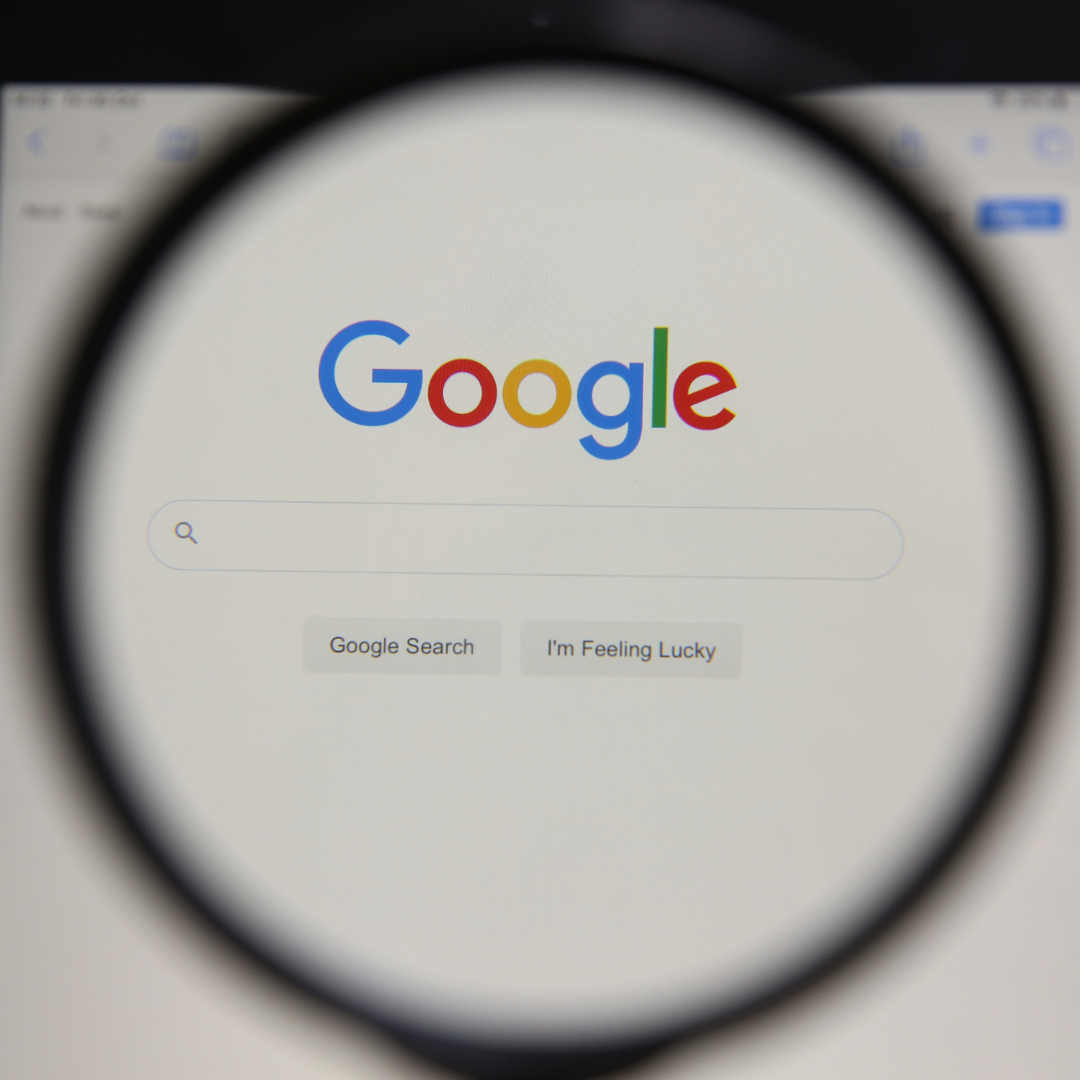
6. Set Boundaries With Dr. Google
You must establish boundaries with Dr. Google to stop worrying about your health. Even though search engines can be a useful source of information, relying only on them for self-diagnosis can increase anxiety and result in incorrect conclusions.
Refrain from the want to constantly search for symptoms or look for confirmation online. Instead, seek individualized advice from medical professionals.
They know to assess your symptoms thoroughly, do the required tests, and diagnose precisely. Over-diagnosing oneself can lead to “cyberchondria” and unnecessary tension and worry.
Remember that not all medical information in search engine results is accurate, and self-diagnosis might cause excessive worry.
Keep the lines of communication with your healthcare practitioner open and honest by expressing concerns and asking for their advice.
They can offer suitable treatment alternatives, handle your unique health concerns, and deliver reliable information.
You may avoid pointless problems, get trustworthy information, and guarantee the best care for your health by establishing limits with Dr. Google and talking to medical professionals.

7. Shift Your Perspective
Changing your viewpoint can help you stop worrying about your health. You may negotiate uncertainties and lower unneeded worry by cultivating a happy and realistic mentality.
By appreciating the things in your life for which you are grateful, put your attention on being thankful. This routine might help you turn your focus away from concerns and instill a feeling of optimism.
Make positive affirmations a part of your everyday practice by repeating encouraging phrases highlighting your skills and talents.
Remind yourself of the steps to maintain your health, including adopting healthy behaviours, getting medical help when needed, and practicing preventative care.
Accept that life has uncertainties, but concentrate on the elements under your control. Recognize the difficulties you may encounter while retaining faith and optimism for the future to develop a resilient mindset.
Recognize that obstacles and worries will inevitably arise, but have the confidence to overcome them.

Conclusion
In conclusion, letting go of our overbearing concern for health is crucial for leading a balanced and satisfying life. We can control and lessen worries about our health by implementing various tactics.
The first steps are educating ourselves about health issues from trustworthy sources, establishing information consumption limits, and confronting unfavourable thought habits.
We can firmly establish ourselves in the present and shift our attention away from worry by practicing mindfulness and grounding techniques.
The measures to resolving health-related issues include adopting a healthy lifestyle and, where necessary, obtaining professional assistance.
Finally, accepting life's uncertainties and changing our viewpoints enables us to welcome them while concentrating on what we can manage.
We can develop a sense of calm and restore control by employing these techniques. We can embrace a more positive and confident perspective on our health by implementing these techniques.
We can also create a sense of serenity, reclaim control over our thoughts, and become more aware of our thoughts. Remember that we can all live balanced, mindful lives without needless health concerns.
I trust you enjoyed this article about the Best Tips To Stop Worrying About Health. Please stay tuned for more blog posts to come shortly.
JeannetteZ
>>>Please click here to read my all-inclusive article about Lessons That Will Teach You All About Stress<<<
>>>Are you interested in Natural Healing And Stress Relief Through Herbs? Please click here for my #1 Recommendation<<<
Your Opinion Is Important To Me
Thoughts? Ideas? Questions? I would love to hear from you. Please leave me your questions, experiences, and remarks about the Best Tips To Stop Worrying About Health in the comments section below. You can also reach me by email at Jeannette@Close-To-Nature.org.
You might also enjoy these blog posts:
Learning A Language And Stress Management
9 Best Stress Relief Techniques
How Does Nature Impact Our Wellbeing

